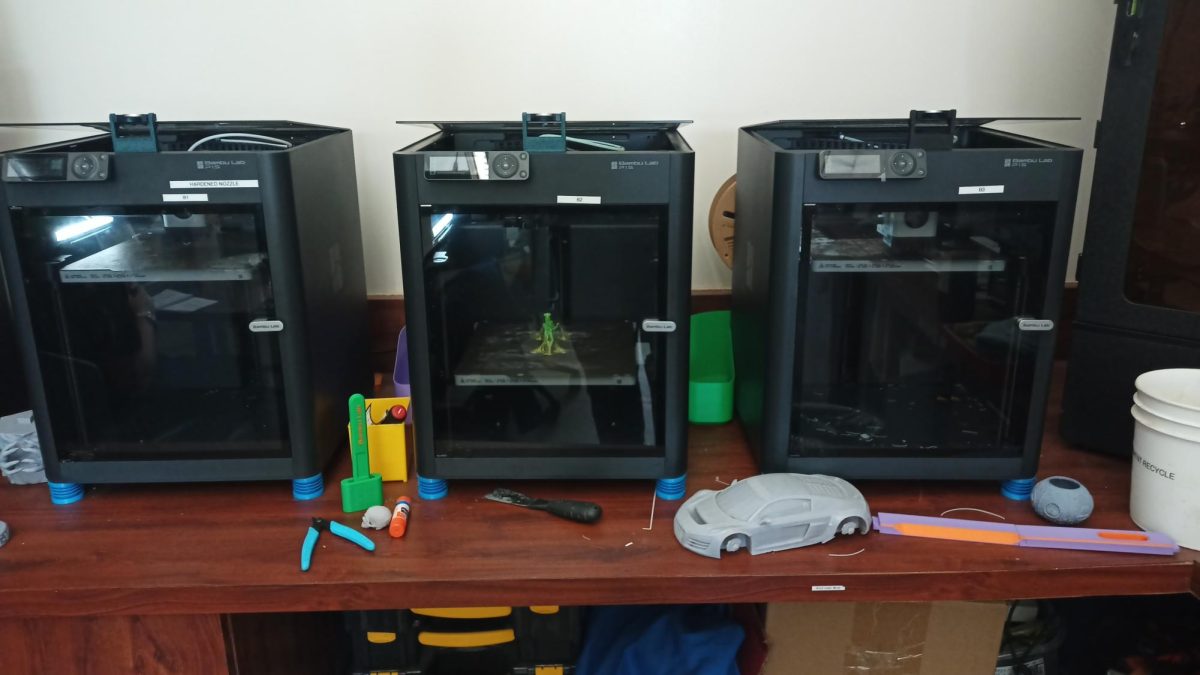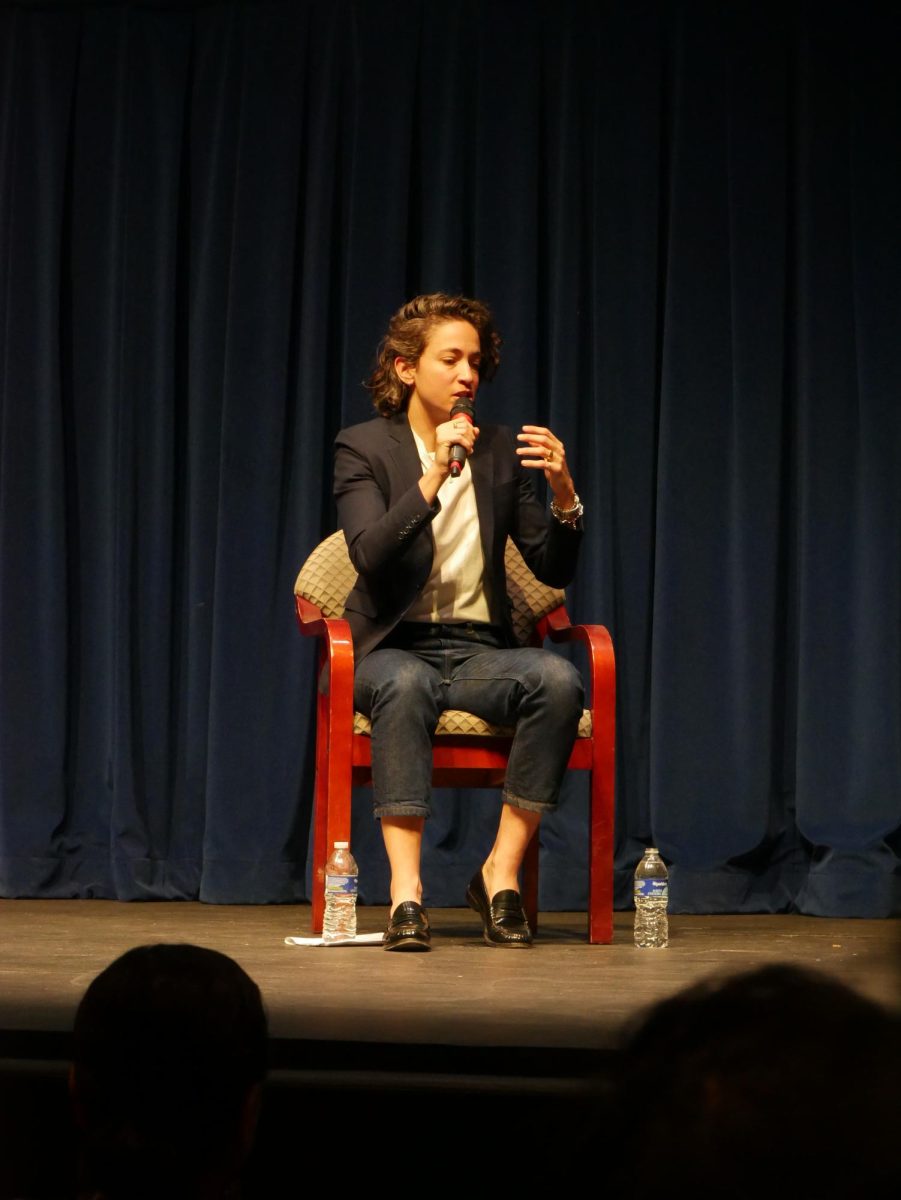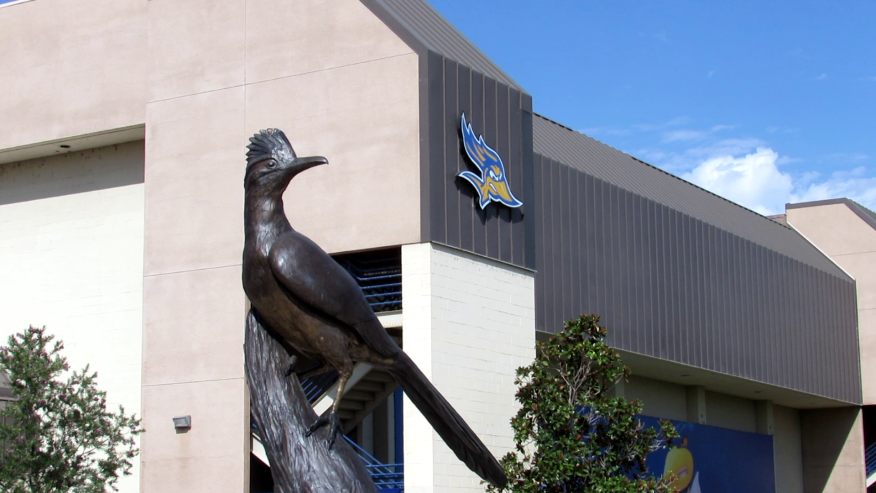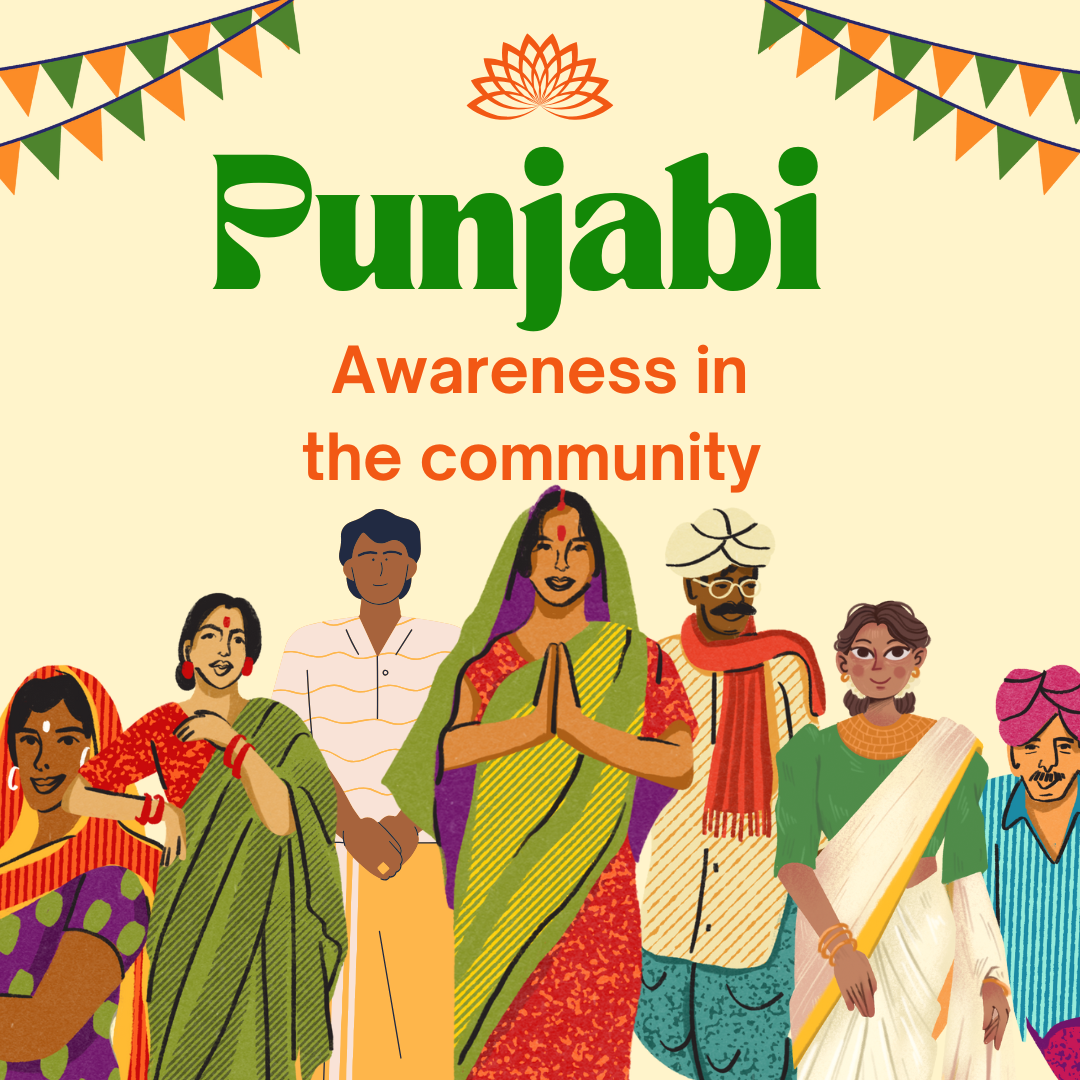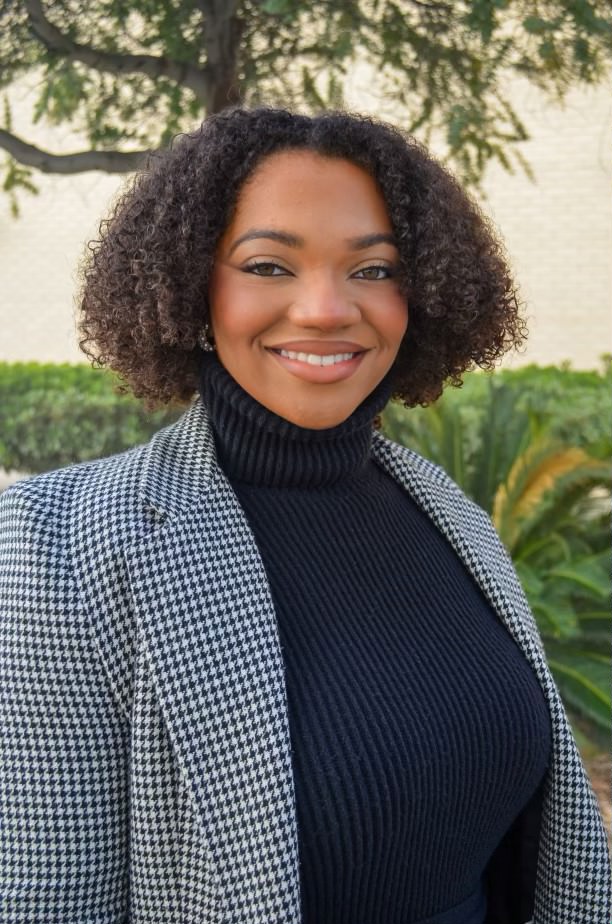Tearing down the systems of oppression starts at CSUB with ethnic studies.
On Sep. 25, a Voice of Liberation Lecture series panel was held in the Stockdale Room to speak about the need for ethics studies, participating in activism, and fighting for the community.
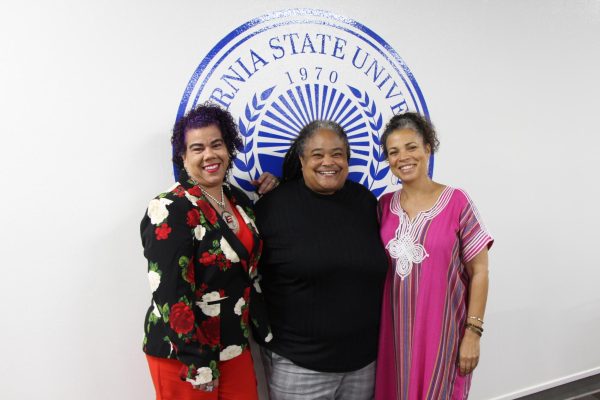
Speakers on the panel were Rosa Clemente, scholar-activist and political commentator and, Dr. Melina Abdullah, Professor of Pan African Studies at California State University, Los Angeles, and founder of Black Lives Matter Los Angeles with Dr. Tracey Salisbury, Chair of Ethnic Studies at CSUB as moderator of the event.
Before the meeting started, a campus police officer attempted to be seated for the event but was requested to leave by Dr. Abdullah. The room was packed to capacity, with all seats filling up and some individuals standing in the back. Refreshments and food in the back are ignored until the end of the panel.
“What the hell is going on in the world,” Dr. Salisbury opened up the panel by asking.
Dr. Salisbury questions the rise in violence and division in the nation. Dr. Abdullah asked the crowd if they felt comfortable with police seating during the panel as she did not as a black mother.
“They exist to protect the system that keep you down,” said Dr. Abdullah.
Dr. Abdullah states that police originate from slave catchers and that it is ridiculous to reform the policing system. She said we must end policing, not public safety, as we want a safer and better community through community members and connected neighborhoods. Dr. Abdullah recounts the day she was threatened by police when police swatted her home and pointed guns at her, demanding her hands be up. She was saved by her neighbors, who watched the ordeal and evacuated her to Malibu.
“It was triggering and traumatizing to deal with police in a room like this,” Dr. Abdullah said. “They want her dead, Period,” said Clemente.
Clemente explains their struggle in the Hispanic community; specifically, the issues of not speaking Spanish, denying your Hispanic identity, and hatred for labels such as Latino, Latina, and Latinx. Clemente brought up the false belief that the Latino community is anti-black.
“The first rule of white supremacy is to divide and conquer,” Clemente said.
Clemente stresses how we identify ourselves, what we fight against, and how to fight Instagram’s agenda to divide the black and Latin communities. Identity stereotypes are hijacking the narrative. Clemente states that most border patrollers are Latino men, asking how they can do this to their people and criticizing the rise in Hispanic trump supporters and the belief that Hispanics can be incorporated into the system.
“White supremacy doesn’t need whites; they have our people,” said Clemente.
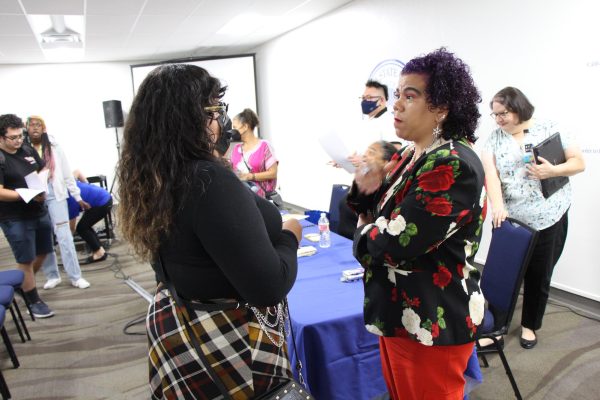
Dr. Abdullah states that the reason why they target ethnic studies is because they are the only set of discipline formed by the black community. If you’re engaged in ethnic studies, you’re informed and participate and use that knowledge. Ethnic studies are about understanding the oppressed lives and fighting for something better. They don’t want you to know the truth about this nation and take action.
“The system seeks to take out our joy but there is joy in resistance,” Dr. Abdullah said.
Dr. Abdullah rejects the idea of the nuclear family in favor of the interconnection of families of black, Hispanic, and native.
“We built the movement so we can come into the movement as ourselves,” Dr. Abdullah said.
She ended the panel by asking the attendees what they would do for justice today and to dedicate 60 seconds to daily justice. She also suggested reading ‘All About Love: New Vision’ by Bell Hook.
“Envision the world you deserve and work toward it,” Dr. Abdullah said.
Some students and faculty felt empowered after the event.
“I really like how they mention 60 seconds of justice every day, just in regards how we can brush our teeth, can dress up, can take a shower every day, we can still use a little bit of time every day to really foster activism and social justice and do our part and help make a difference, help to create that change that needed,” said Karla Young, public affairs communications specialist for the school of business and public administration.
Alexandria Singleton, junior and human development major, said she was informed and inspired by the support going on and the building of campus community that is supportive of all differences and learning how to be active in the community.
“The biggest thing I took away was the idea of expanding your idea of what your family is, by letting other people of your community be part of your family, your close friends,” said Luis Mora, a sophomore and mathematics major.
The panel was inspiring, informative, and an educational discussion on the importance of ethnic studies, activism, and resistance against oppression between panel members and attendees.



